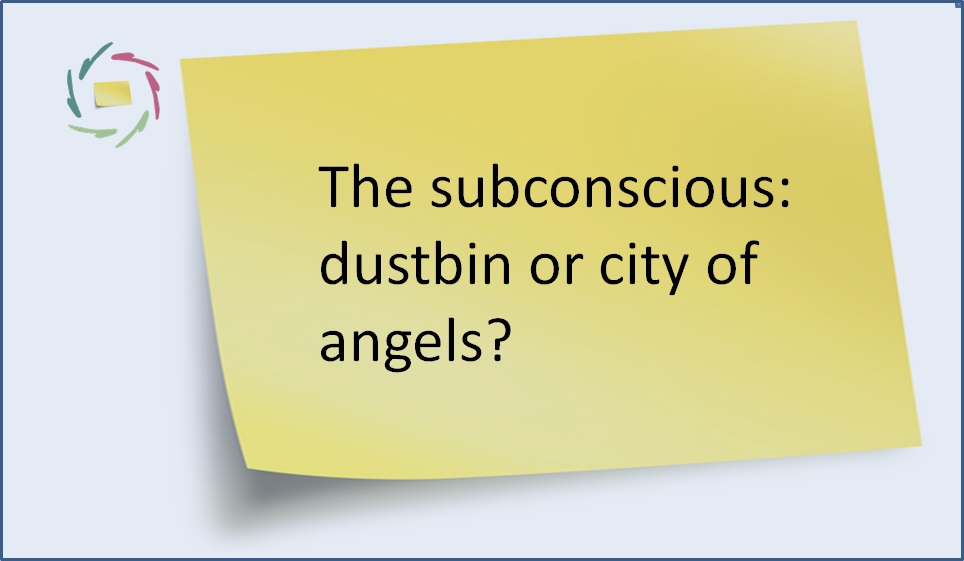From Boss to Burnout

It’s not about the amount of work but the amount of meaningless work. In contrast to a leader – let alone an Open Leader – a boss doesn’t take care of meaningfulness. That’s why they call him ‘the boss.’
Boss to blame?
Not exactly. It’s not because one doesn’t take good care of something that one does that on purpose. Ignorance may be at play, even with the best intentions.
This definitely encompasses ignorance in the depth of the human being ― within a vast environment (being a worldwide issue) that is replete of such ignorance. I think it’s best to say nobody is to blame except possibly the ones who specifically delve into the matter at an essential level. I dare say this includes me.
Without at least some fundamental insights into deep motivation and other human profundities, it’s not easy to be more than a boss in many relevant circumstances. On top of that, there is also knowing how to put the insights into action.
From boss to burnout
Considering the above, a boss pushes people beyond meaningfulness. That may seem – given the work – the most rational thing to do for him. Eventually, the work needs to be done, so workers need to be made to do it.
This is the recipe for a long and winding road of burnout. Presently, we see too much of that. Beware the (near) future.
What about ‘born leaders’?
A born leader can be seen as one who naturally carries the needed insight and willingness to act.
This insight may by itself be a competence without comprehension. That is, if you ask a born leader to explain why he does what he does, he may think he knows it, but that isn’t necessarily true. He may be a victim of the expert syndrome.
That also makes it challenging to emulate him without the insights in the first place.
Broadly seen, meaningful work is work that people like to do.
Even if it’s dangerous, repetitive, challenging in complexity, or emotionally demanding. The more there is one of these, of course, the more critical meaningfulness becomes. For instance:
- Work that one is not able to accomplish is not meaningful.
- Work that doesn’t lead to any rewarding result is not meaningful.
- Work that is empty in its repetitiveness is not meaningful.
- Work that goes counter to other positively meaningful conditions is relatively not meaningful.
Burnout lurks when any of these items overthrows meaningfulness. <Too much work> is easy to grasp in this respect.
<A dangerous job> may be less easy to grasp, but it, too, leads to ‘burnout’ if there is a lack of meaningfulness. The road doesn’t need to be long and winding in such a case. One’s inner fire may burn out at short notice. I guess this frequently happens to soldiers in wartime. They are probably among the first victims or most susceptible to post-traumatic stress.
In all cases, the expertise lies in how to push the buttons of meaning. This is: to be profoundly motivating without manipulation.
That is an Open Leader’s job!
So, what is a boss to do?
The AURELIS answer can be found at https://www.openleiderschap.com (English/Dutch).


